Demolish Ernakulam's illegal Maradu apartments by Sept. 20, orders SC
Fri 06 Sep 2019, 17:03:27
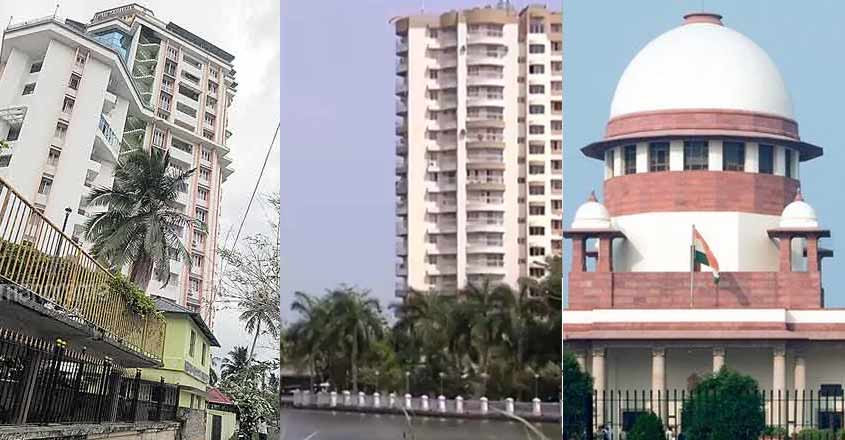
The Supreme Court on Friday gave the authorities time till September 20 to demolish the illegal apartment blocks at the Maradu panchayat in Ernakulam district of Kerala for violating stringent coastal zone regulations.
A Bench of Justices Arun Mishra and M.R. Shah further directed the Kerala Chief Secretary to be present in the courtroom on the next day of hearing on September 23.
The court refused Kerala counsel G. Prakash's plea to give the State at least four weeks to comply with the order.
“Not a day more. Ten days is enough... Your State is known for not following the orders of this court. Do not disobey our order. We know what is happening and what you people are doing. Tell your Chief Secretary to be present here,” Justice Mishra shot back at Mr. Prakash.
Recently, the Bench refused a plea by residents of these flats for a rethink, saying the order to raze the flats, where over 400 families stay, was both detailed and clear.
On July 10, the Bench rejected a review petition in the same case. The issue saw Justice Mishra launch a stinging criticism against the residents for approaching another Supreme Court Bench to get a stay of the demolition on the sly.
On May 8, the Bench led by Justice Mishra ordered the flats to be demolished within a month. However, on June 10, the residents approached another Vacation Bench of the Supreme Court led by Justice Indira Banerjee to get a stay. The residents complained that they were not heard by Justice Mishra’s Bench before the demolition order was passed.
‘Absolute fraud’
A livid
Justice Mishra had called the act of the residents to pit the order of one Bench against another an “absolute fraud” committed on the court. The judge even threatened contempt even against the lawyers involved. Finally, the residents had to withdraw their plea.
Justice Mishra had called the act of the residents to pit the order of one Bench against another an “absolute fraud” committed on the court. The judge even threatened contempt even against the lawyers involved. Finally, the residents had to withdraw their plea.
The builders argued that the apex court-appointed three-member committee did not give them a proper hearing on the show-cause notice pertaining to violations and, therefore, the demolition order violated their fundamental right.
They alleged that the court was misled by the Kerala Coastal Zone Management Authority (KCZMA) into passing the May 8 decision.
The three-member panel’s report had concluded that the buildings fell within the CRZ-III limits. It had stated that as per the CRZ notification of 1991 and the Kerala Coastal Zone Management Plan 1996, the area in question came under CRZ III. As per the CRZ notification 1991, no construction was permitted within 200 metres from the coastal line in CRZ III.
They submitted that the KCZMA hid a vital fact from the Supreme Court — that is, a more recent Coastal Zone Management Plan prepared pursuant to a 2011 CRZ notification was approved by Ministry of Environment and Forests on February 28, 2019, by which the Maradu area was categorised under CRZ-II.
The May 8 judgment blamed the “devastating effects” of unbridled construction activities in eco-sensitive areas with natural water flow. It said illegal constructions on river shores and “unscrupulous trespass’ into the natural path of backwaters had led to natural calamities like those seen in the recent floods in Tamil Nadu, Kerala and Uttarakhand.
No Comments For This Post, Be first to write a Comment.
Most viewed from National
Most viewed from World
AIMIM News
Latest Urdu News
Most Viewed
May 26, 2020
Should there be an India-Pakistan cricket match or not?
Latest Videos View All
Like Us
Home
About Us
Advertise With Us
All Polls
Epaper Archives
Privacy Policy
Contact Us
Download Etemaad App
© 2026 Etemaad Daily News, All Rights Reserved.





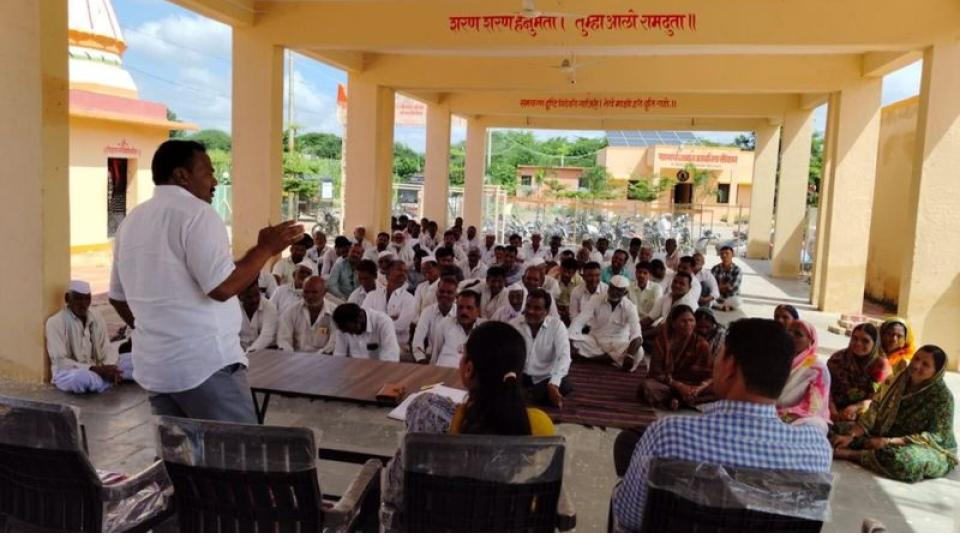


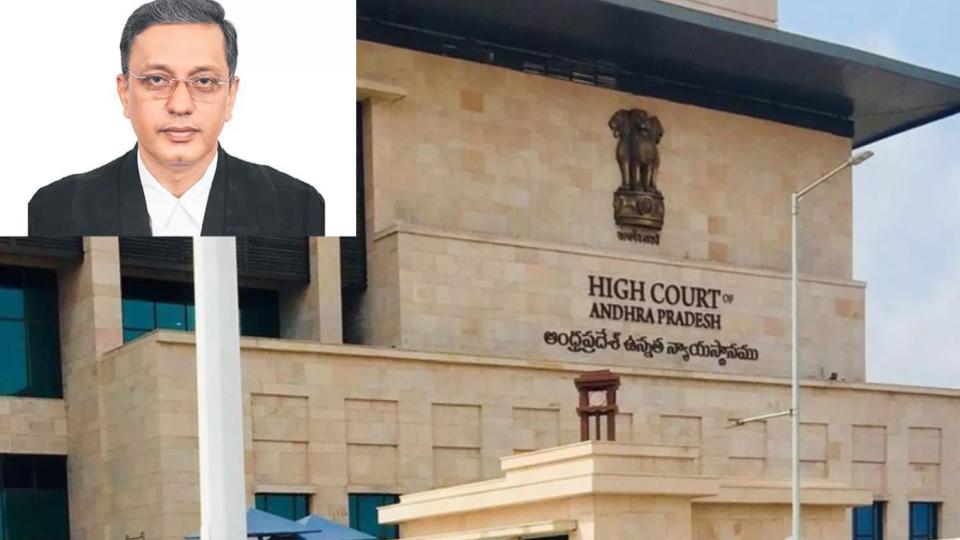


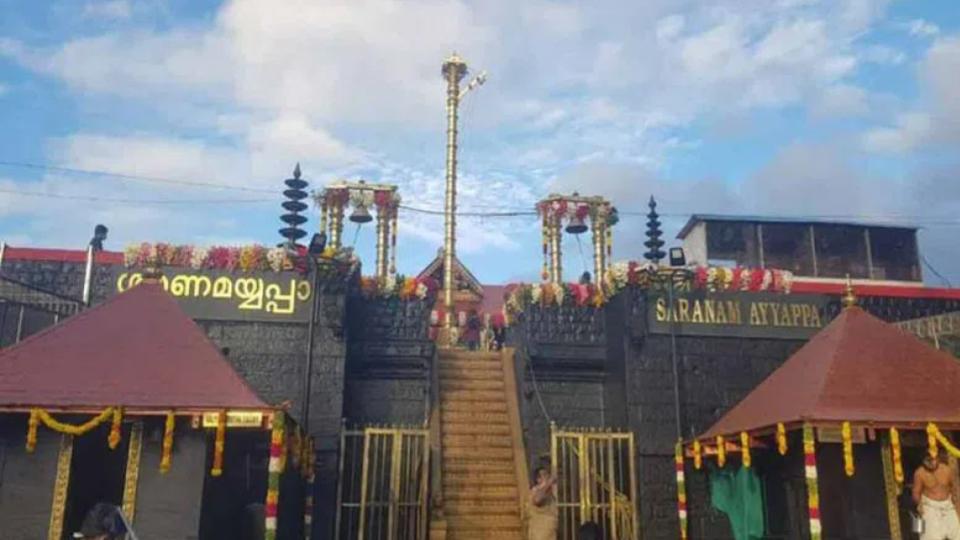

.jpg)
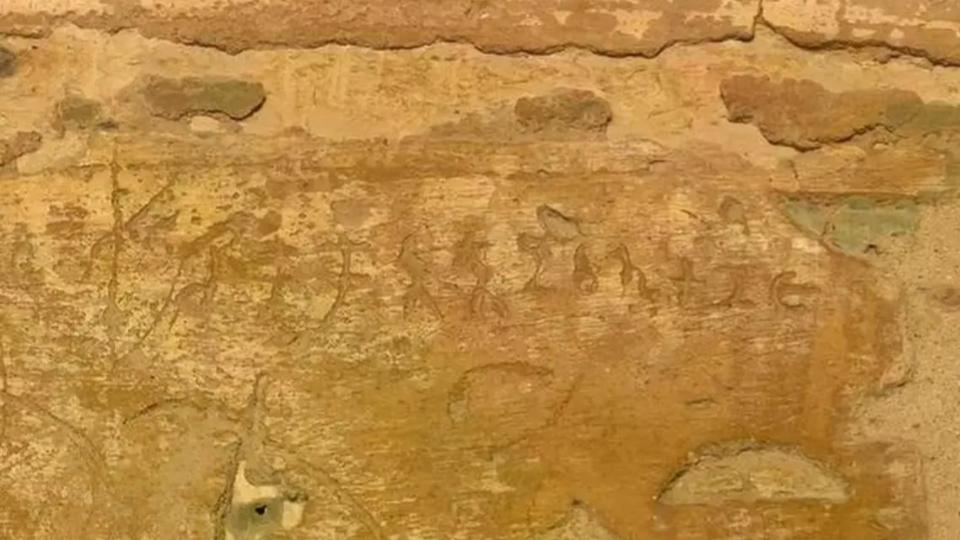





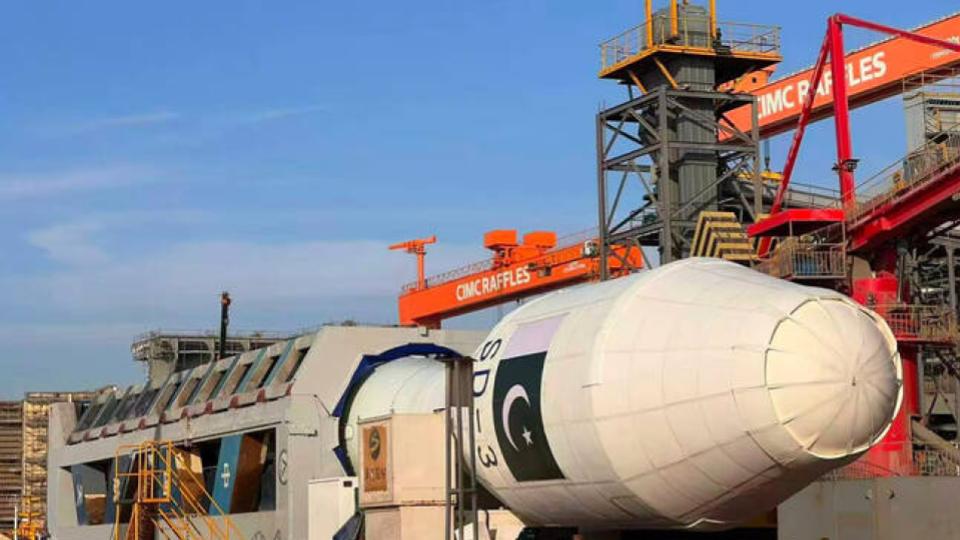
















.jpg)
.jpg)
.jpg)


